Why Veg? For Your Health
A plant-based diet can provide all the nutrients you need.
In general, people who don't eat meat [source]:
Weigh less than people who eat meat.
Are less likely to die of heart disease.
Have lower cholesterol levels.
Are less likely to get High blood pressure, Prostate cancer, Colon cancer, Type 2 diabetes.
Key Vitamins and Minerals
Protein. When considering a vegan diet, many people worry that they will not get enough protein. But eating a wide variety of protein-rich foods such as soy products, legumes, grains, nuts, and seeds will give you the protein you need.
Iron. Getting enough iron is not a problem for vegans who take care to eat a wide variety of food. Our bodies don't absorb iron from plant foods as well as they absorb iron from meats. So it's important for vegans to regularly eat iron-rich foods. Vegan iron sources include cooked dried beans, peas, and lentils; leafy green vegetables; and iron-fortified grain products. And eating foods rich in vitamin C will help your body absorb iron.
Calcium for people who don't eat milk products. If you don't get your calcium from milk products, you need to eat a lot of other calcium-rich foods. Calcium-fortified breakfast cereals, soy milk, and orange juice are good choices. Calcium-fortified means that the manufacturer has added calcium to the food. Other foods that have calcium include certain legumes, certain leafy green vegetables, nuts, seeds, and tofu. If you don't use calcium-fortified foods, ask your doctor if you should take a daily calcium supplement.
Vitamin D for people who don't eat milk products. Getting enough calcium and vitamin D is important to keep bones strong. People who don't eat milk products can use fortified soy milk and breakfast cereals.
Omega-3 fatty acids. Without fish and eggs in your diet, you need to find other good sources of omega-3 fatty acids, such as hemp seeds, flaxseeds, pumpkin seeds, walnuts, certain leafy green vegetables, soybean oil, canola oil, and sea vegetables (such as arame, dulse, nori, kelp, kombu or wakame).
Zinc. Your body absorbs zinc better when it comes from meat than when it comes from plants. But vegans don't usually have a problem getting enough zinc if they eat lots of other foods that are good sources of zinc, including whole-grain breads, cooked dried beans and lentils, soy foods, and vegetables.
Vitamin B12. Vitamin B12 comes from animal sources only. If you are a vegan, you'll need to rely on food that is fortified with this vitamin (for example, soy milk and breakfast cereals) or take supplements. This is especially important for vegan women who are pregnant or breastfeeding.
More resources:
Physicians Committee for Responsible Medicine, Vegan Health, Vegan Outreach, The Vegan RD
